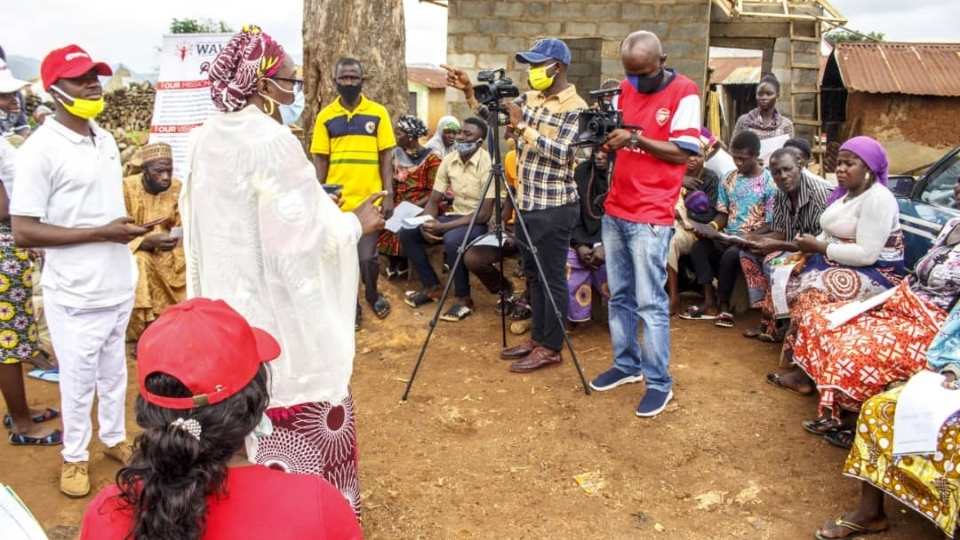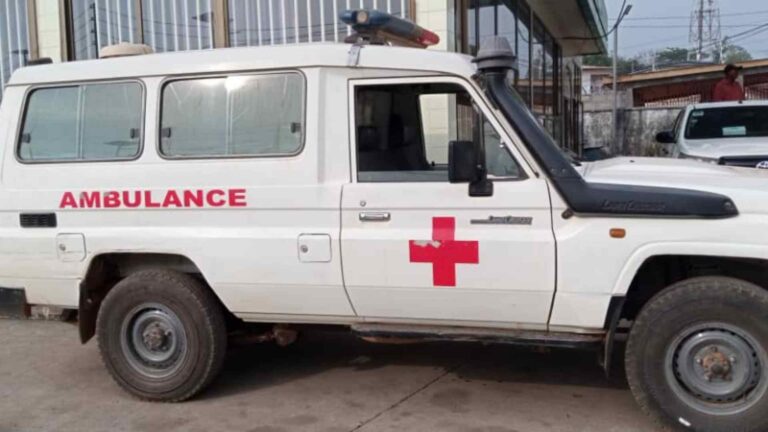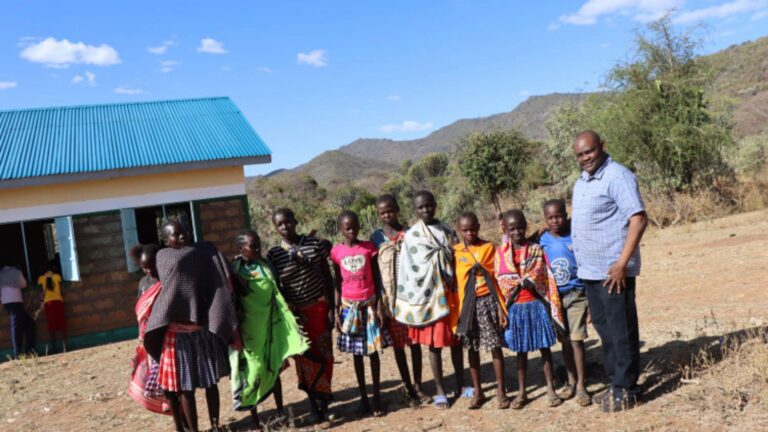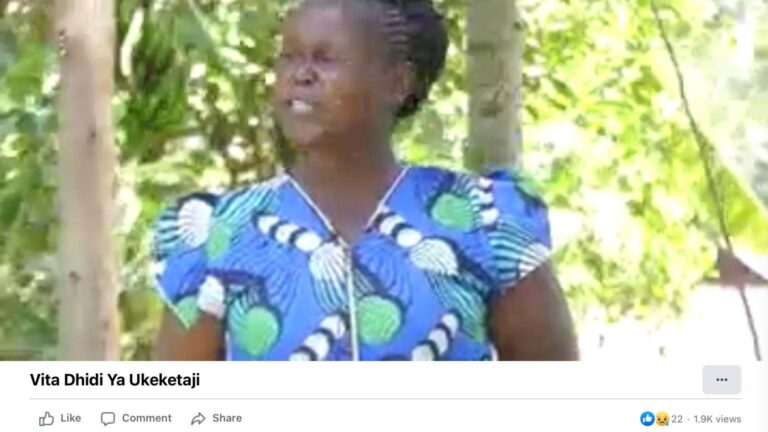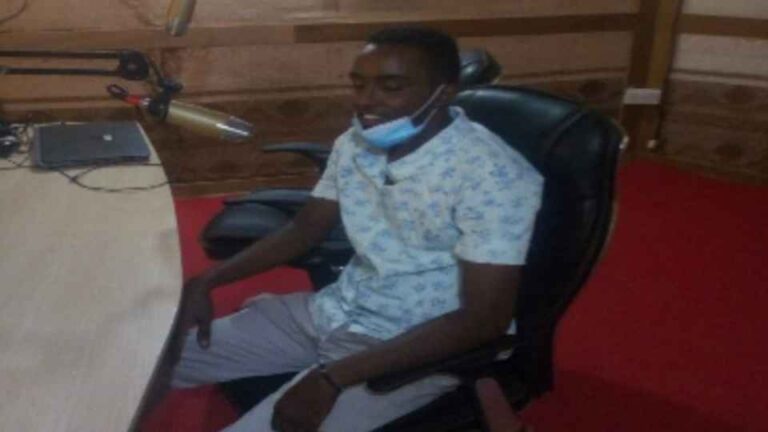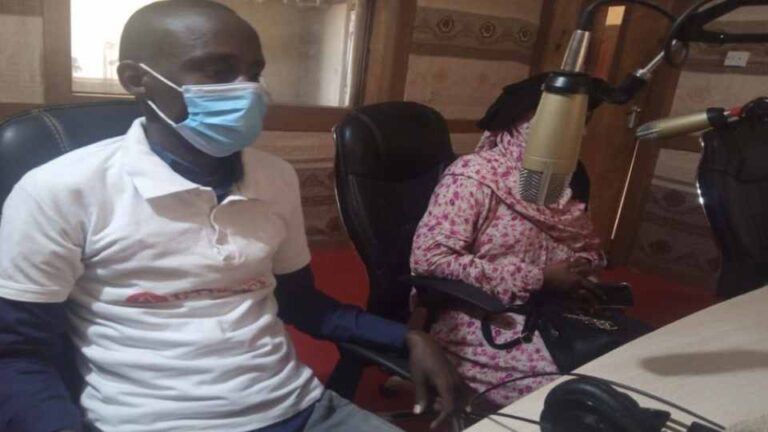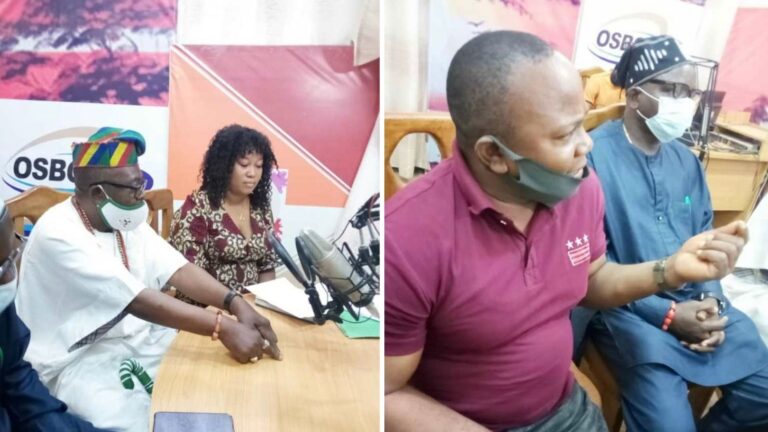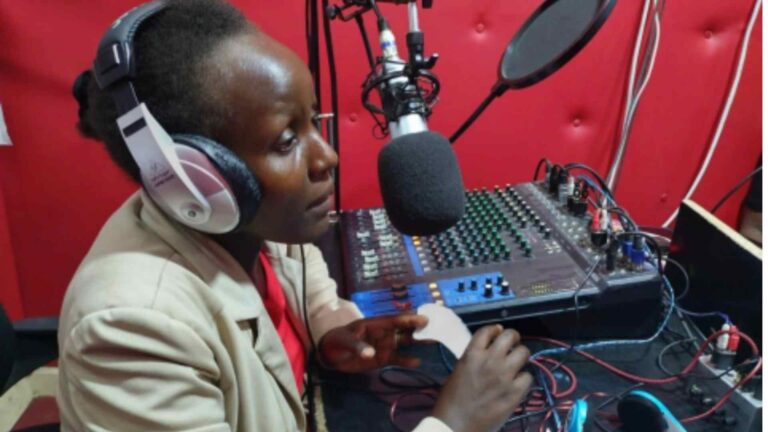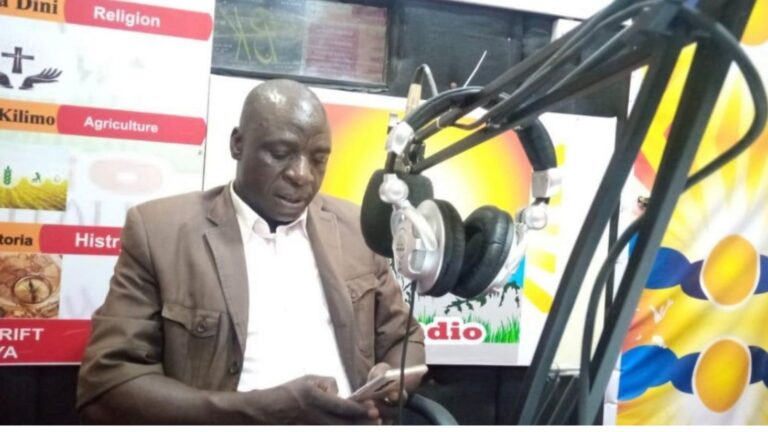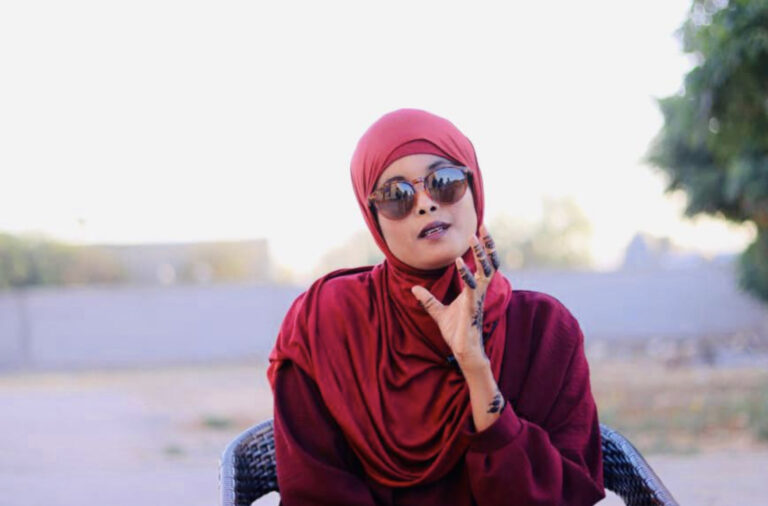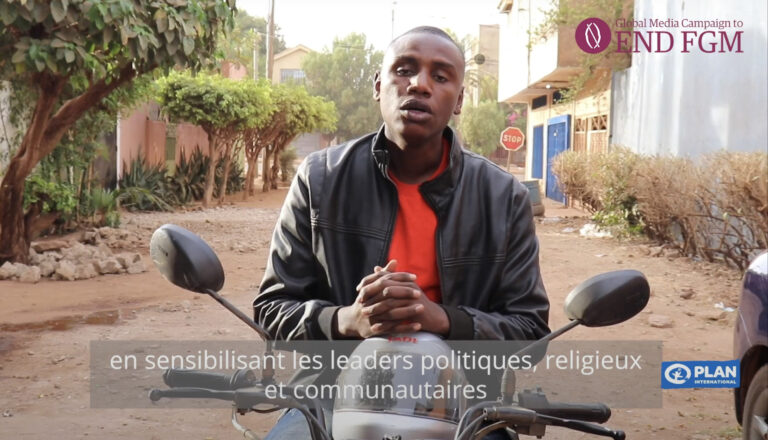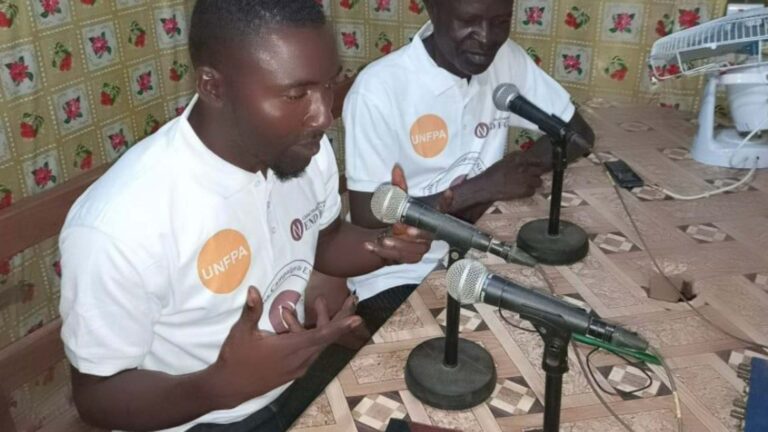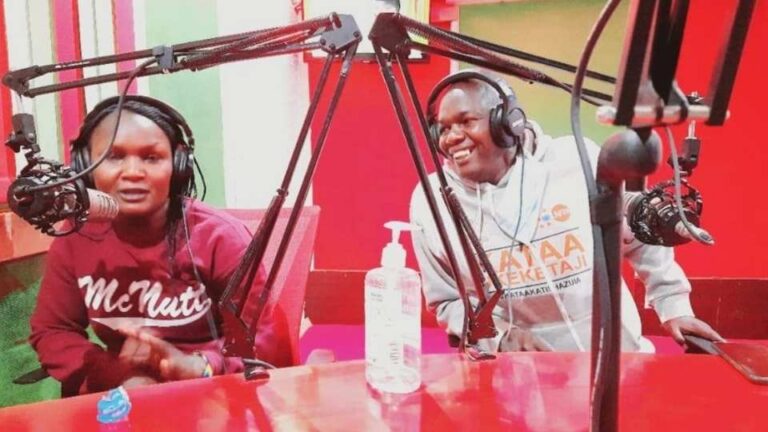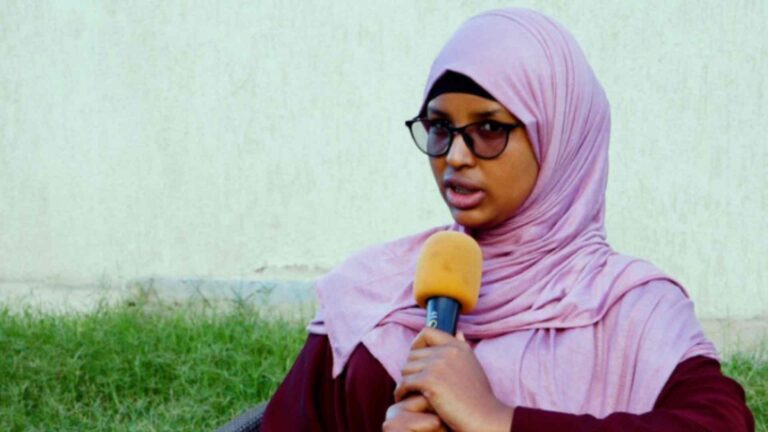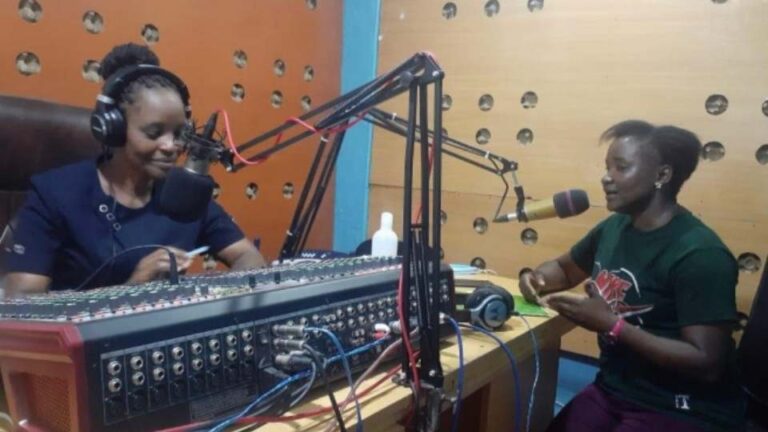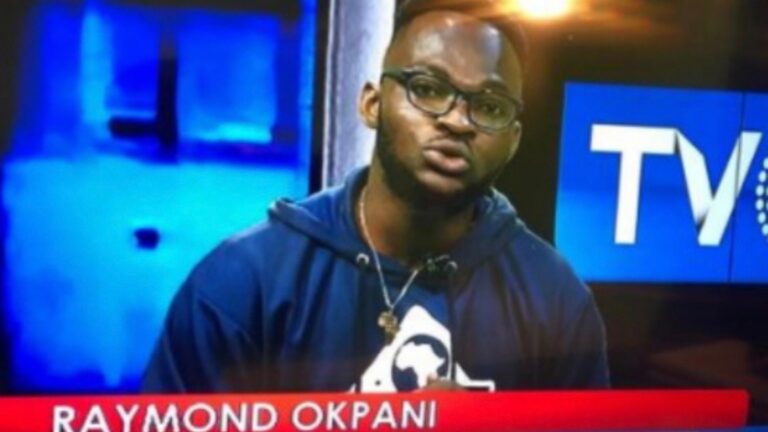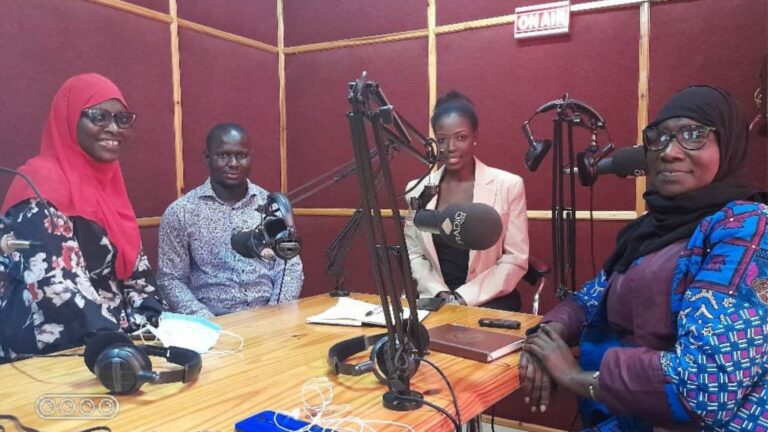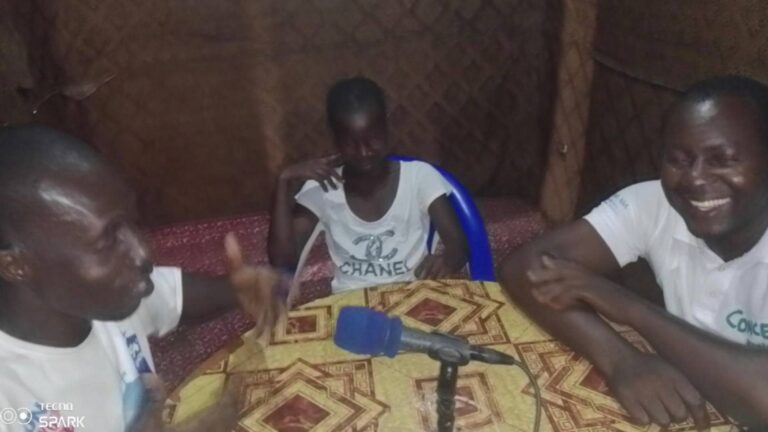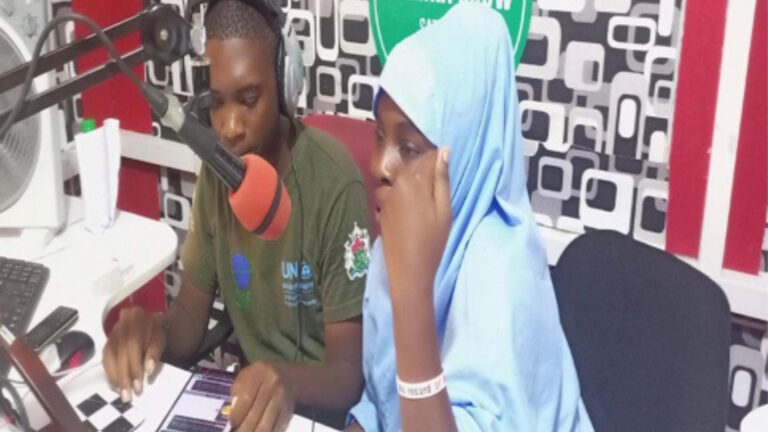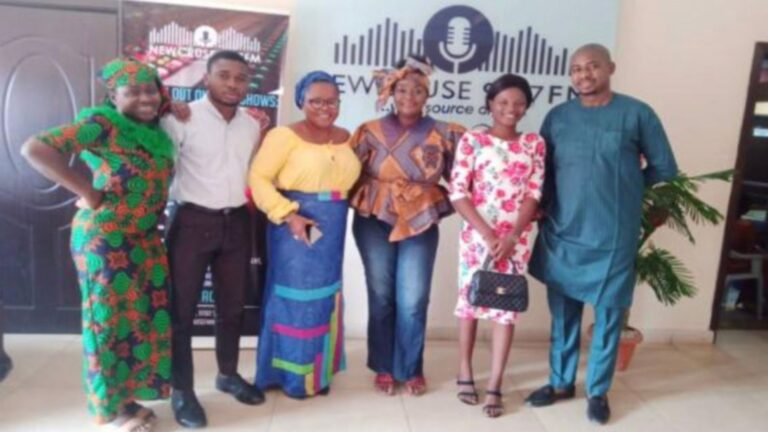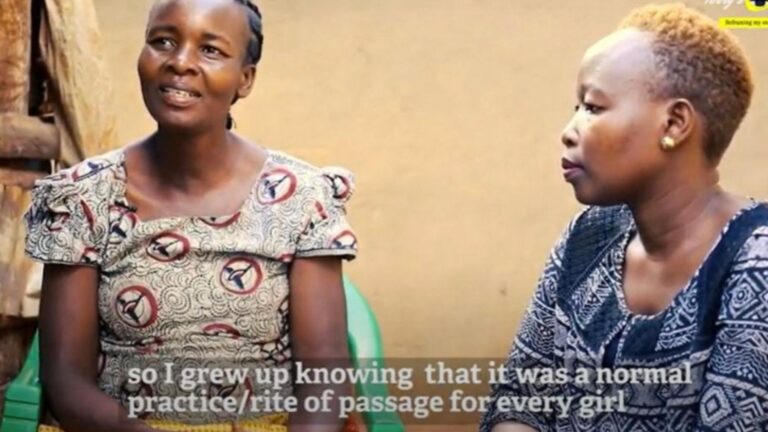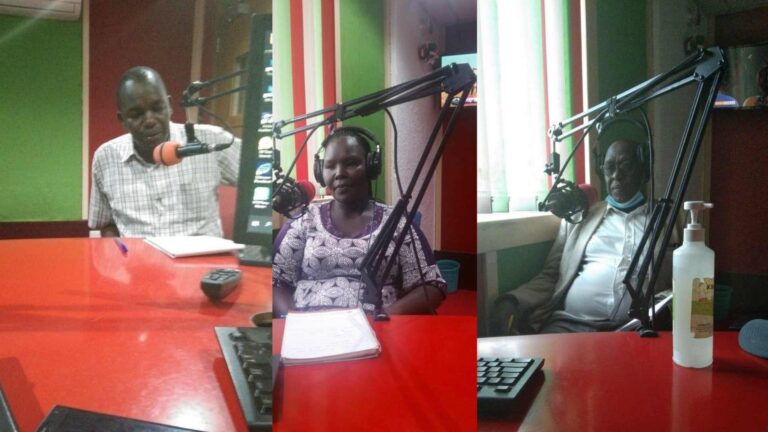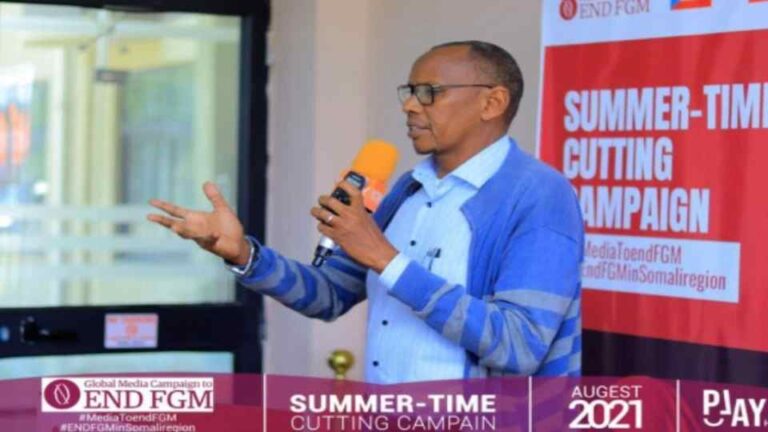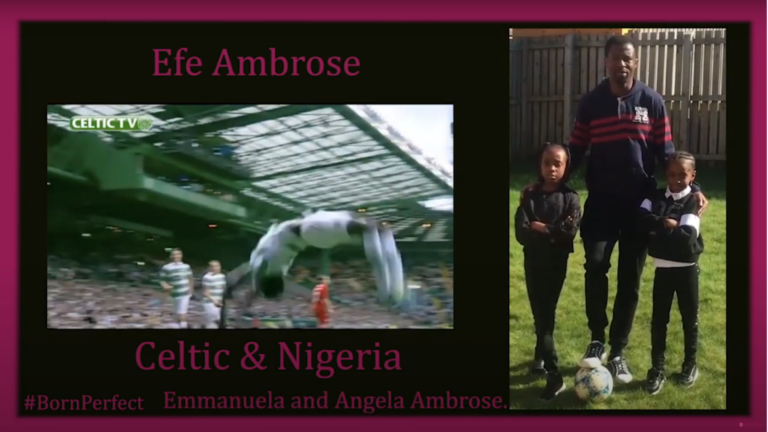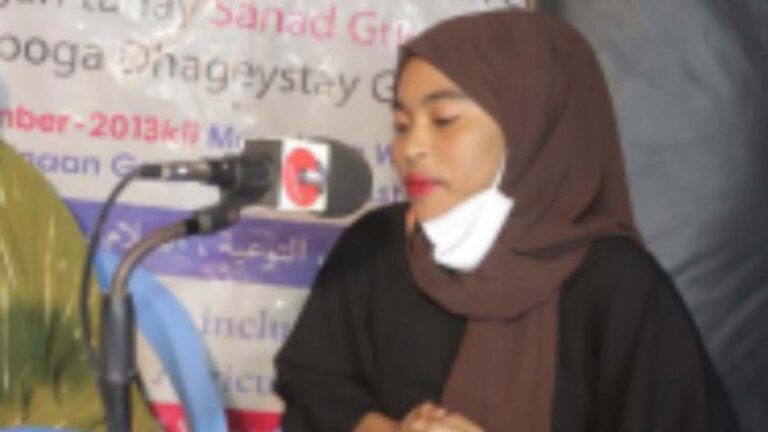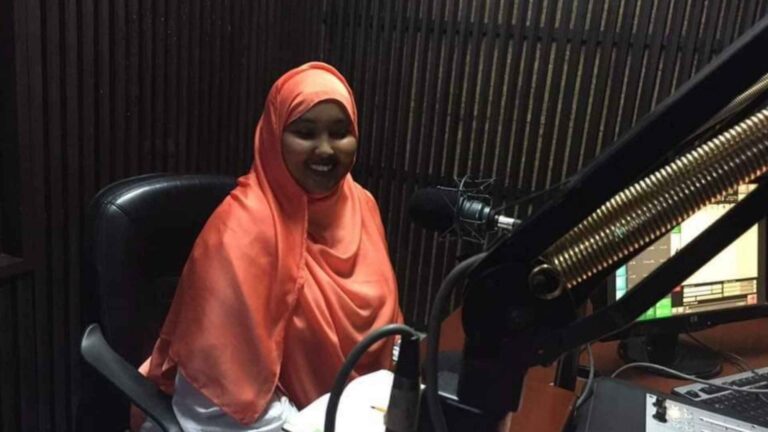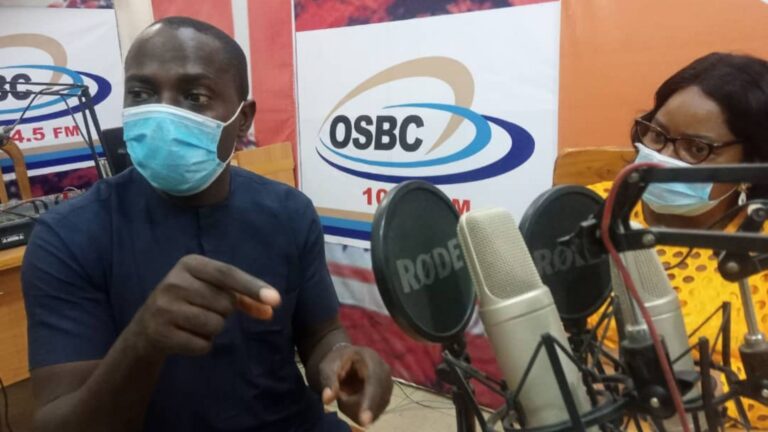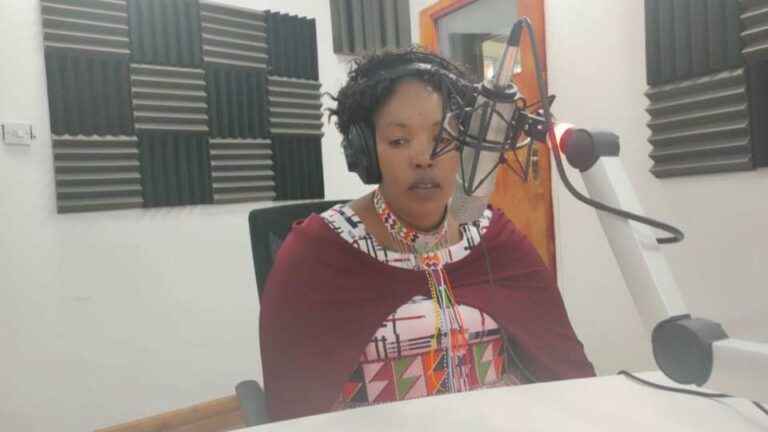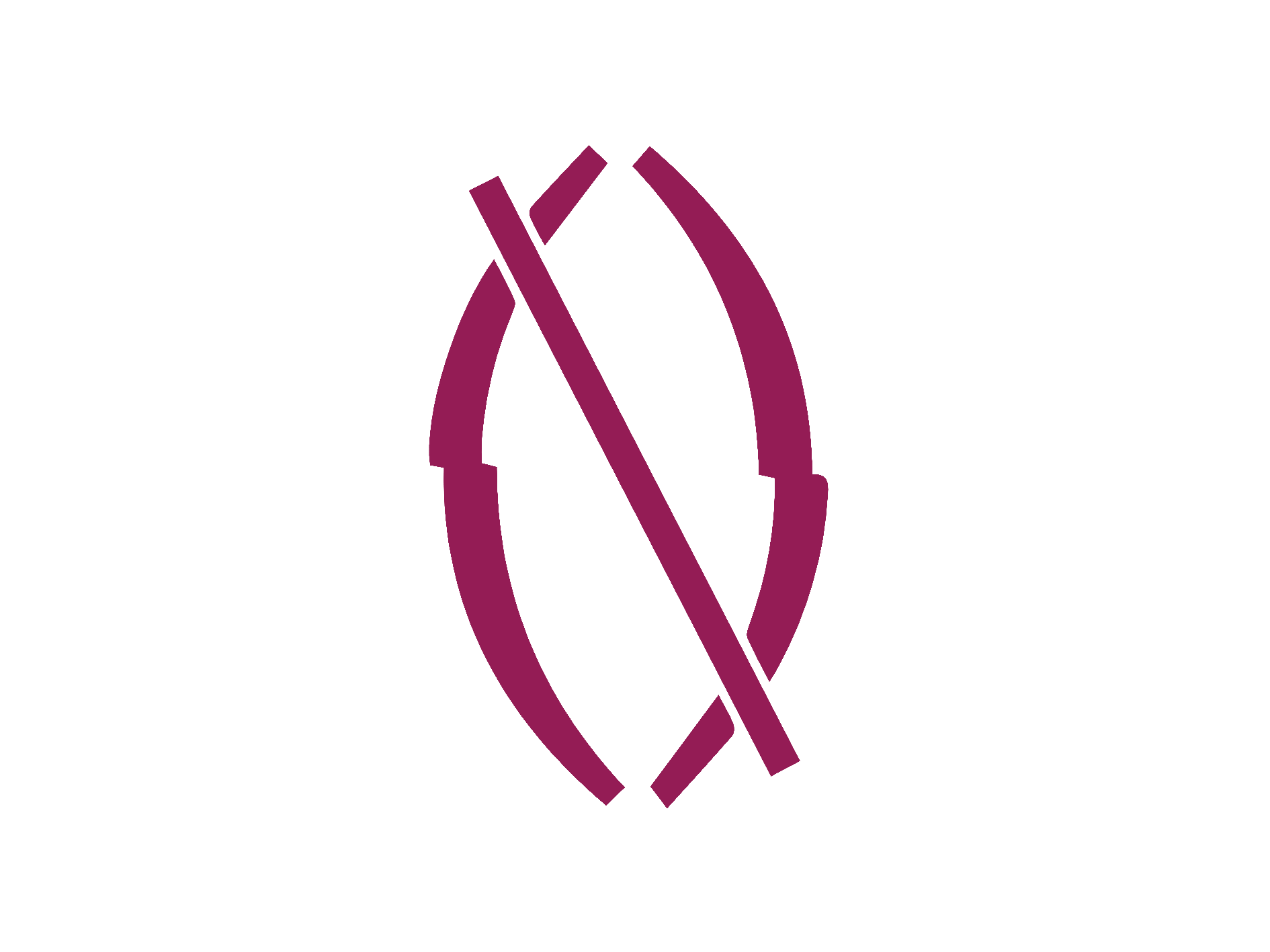By Ruth Harley with special thanks to all the campaigners that shared information
Campaigners in Nigeria are spread out all over the country. This report highlights the key challenges that each region or county faces, the type of FGM that takes place, and a few action points for moving forward.
There is no one way to fight FGM. Each region or county has different cultures, traditions, and challenges around FGM, therefore we have to be specific in our approaches to end FGM.
Osun state:
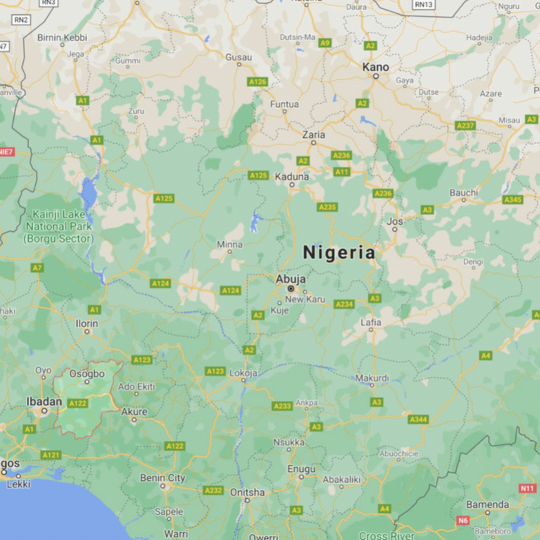
Challenges:
- Not knowing that FGM is against the law
- The major issue being faced currently in Osun State is partial or near zero compliance to the FGM abandonment campaign. Some Muslims here erroneously believe that the cut is Islamic even without any viable evidence from the holy Quran and the Hadith.
Type of FGM:
Type 1 FGM is commonly practiced in Osun State
Action points:
- Education and spreading the word on FGM being illegal via radio, also inviting more religious leaders onto radio shows
- Effective sensitization of religious clerics – Christian, Muslim, and Traditional Religions’ overseers.
- Sensitization of market women, health care providers, traditional rulers, youth groups, community leaders, opinion leaders, circumcisers, artisan groups, etc.
Abakaliki:
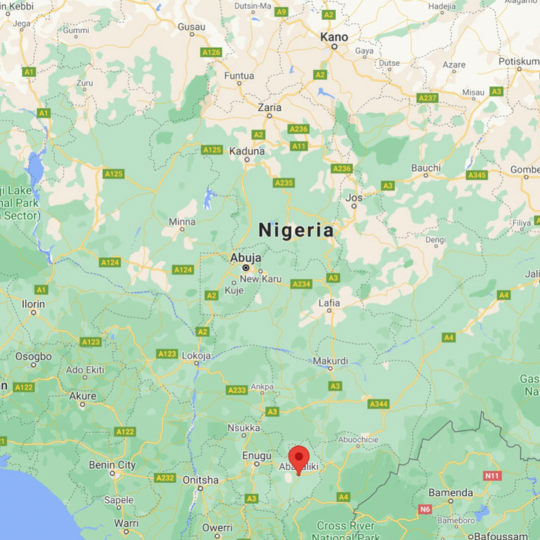
Challenges:
- Community Not knowing the effects of FGM, psychologically, physically, mentally, and maritally.
- Communities think FGM comes from the Bible and other religious scriptures
- FGM in Abakaliki and the entire Ebonyi State has been medicalized, Many midwives and birth attendants now engaged in FGM practices instead of native circumcisers.
Type of FGM:
All the types are practiced here especially type 1. However, type 3 which involves using Vaseline to massage the baby’s clitoris until the cells are deadened is gradually becoming prevalent.
Action points:
- Sensitization and Awareness creation should be focused at the grassroots by using local dialects and methods the rural practitioners should be identified easily. More importantly, the primary education curriculum should include studies on the adverse effect of FGM so that future mothers and fathers are adequately informed to end the tradition.
Ondo state:
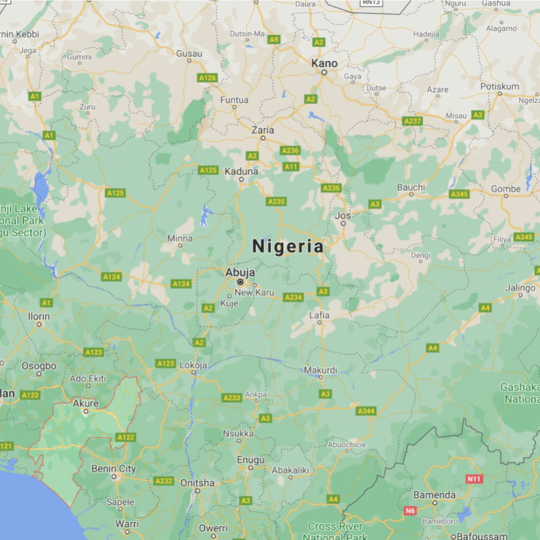
Challenges:
- Some still have the belief that FGM is an indigenous practice that should not be eradicated.
- Stakeholders who are supposed to join in this fight DO NOT believe that FGM is still practiced and hence do not join in the fight. Also, we DO NOT have enough grassroots campaigners to join this campaign.
Type of FGM:
Type 1 and 2 are the most common
Action points:
- Rapid and continuous sensitisation especially through traditional rulers and other important stakeholders will definitely improve things.
- Engaging men in conversations
Yobe and Borno State:
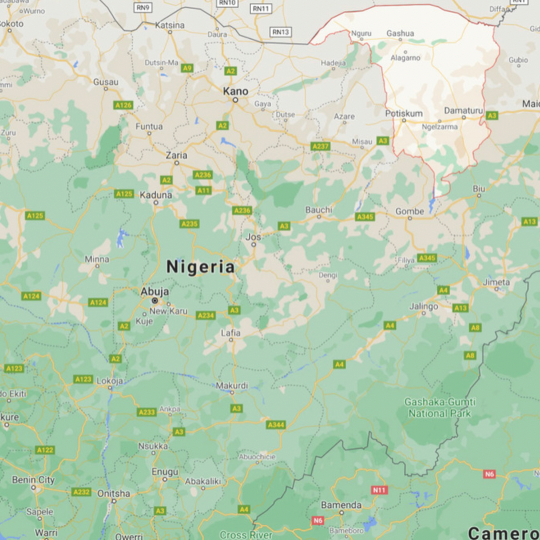
Top Right, Circled Red: Yobe State 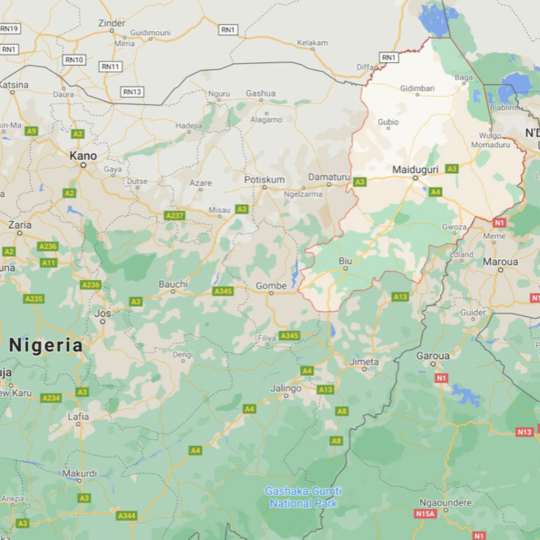
Top Right, Circled Red : Borno State
Challenges:
- One of the main issues is underreporting of FGM cases.
Type of FGM:
Type 1 and 2
Action points:
- Aggressive awareness and sensitization in the TV and radio outlets and confronting the existing harmful traditional practices can help end this practice.
- Train young people from grassroots communities about FGM and how to use media to advocate for the abolishment of FGM.
Oyo State:
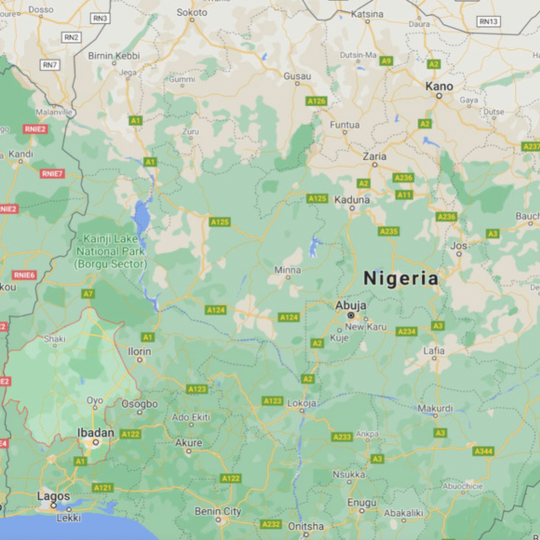
Challenges:
- Culture of the silence: the mothers not speaking out when their daughters are at risk of cutting or having just been cut.
- Lack of economic power leaves most women vulnerable and powerless.
- The uncut women being seen as more likely to be promiscuous
Type of FGM:
Type 1 & 2 .
Action points:
- Penetrating cultural groups, women groups.
- Toll-free number and safe house.


